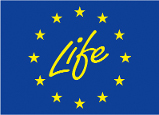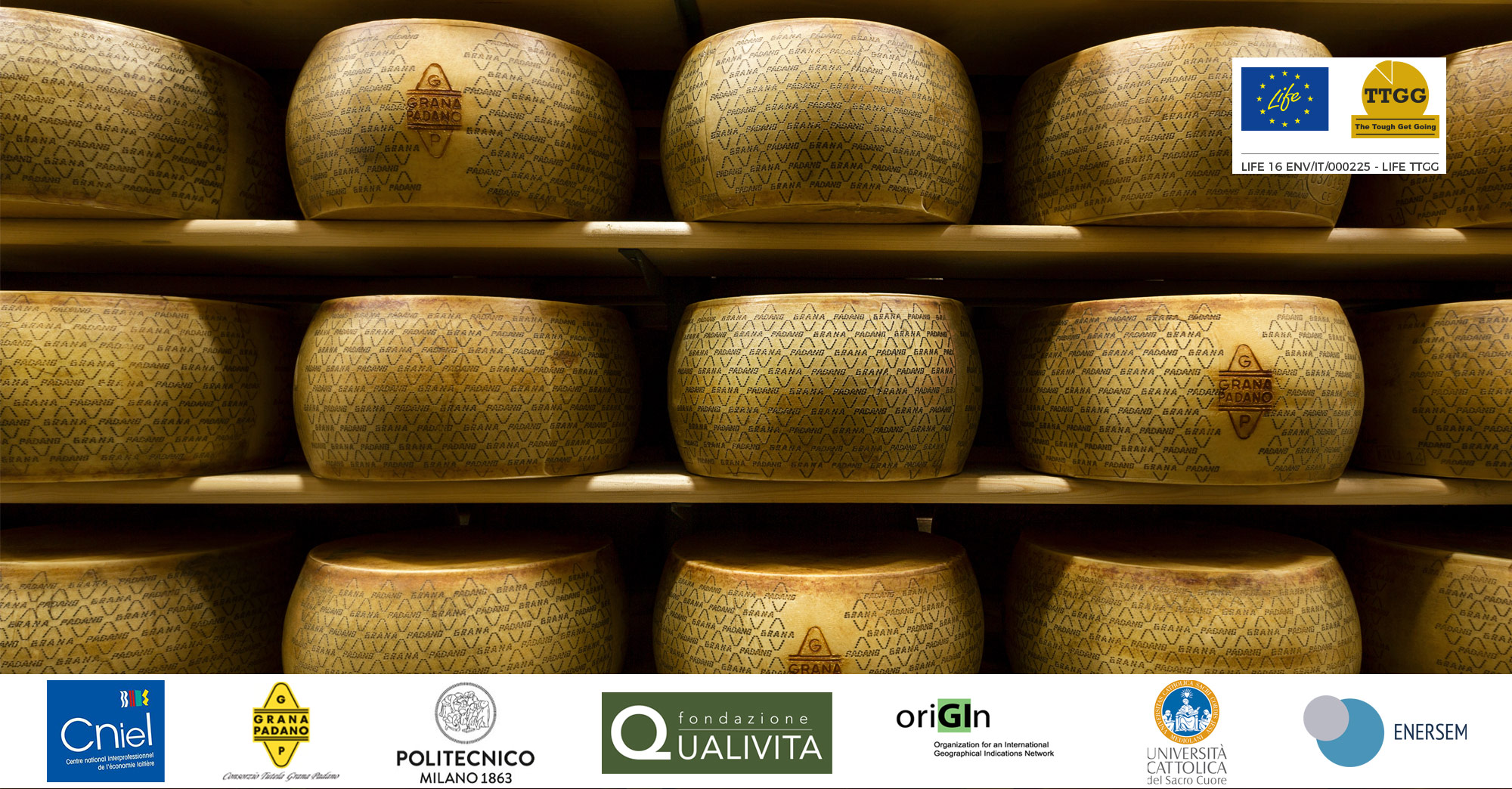Strategies and solutions for proper product preservation and food waste reduction
The project involves 7 highly qualified partners: Consorzio tutela Grana Padano, Politecnico di Milano, Università Cattolica del Sacro Cuore di Piacenza, Fondazione Qualivita, oriGIn, Enersem and CNIEL
In Europe 88 tons of food are wasted every year, an average of 173 kg of food waste per person. We waste more than 20% of the total food we produce. Where? Mostly at home: more than the half of food wasted is generated by consumer behaviour. This is followed by transformation phase, food services, primary production and retail.
Food waste is a serious ethical problem with economic and environmental effects. It is incompatible with the aspiring European Green Deal. Also the Sustainable Development Agenda 2030 promoted by UN with the goal n° 12 “responsible consumption and production” indicates the necessity, by 2030, to halve the global waste pro capita of food waste – associated with retail and consumers – and to reduce food losses along the production and supply chain, included post-crop losses.
In addition, the FAO estimates that food waste alone causes the 8% of global greenhouse gas emissions. This is a relevant aspect also for the dairy supply chain. In fact, the results of the Grana Padano’s environmental impact developed in the LIFE TTGG project showed that highest environmental impacts are concentrated in the initial phases of the supply chain (related to the production of raw milk).
Therefore, any food waste (by consumers and retailers) is an environmental threat. It’s been estimated that food waste increases the environmental footprint by 9%. To combat food waste, the LIFE TTGG project has identified a set of promising actions that is currently promoting:
- develop packaging capable of preventing further food waste through functional solutions to consumer behavior;
- raise consumer awareness by sharing good prevention practices (e.g. proper storage);
- support the correct interpretation of the expiry date and, in particular, the difference between “expiry date” and “best before date”;
- improve the destination of food surplus (e.g.: encourage donations for human consumption).
| The Consorzio di tutela and the companies with PDO and PGI production can ask more information by writing to the person in charge of the Politecnico di Milano: pieter.ravaglia@polimi.it. |
Fonte: Department of Design


